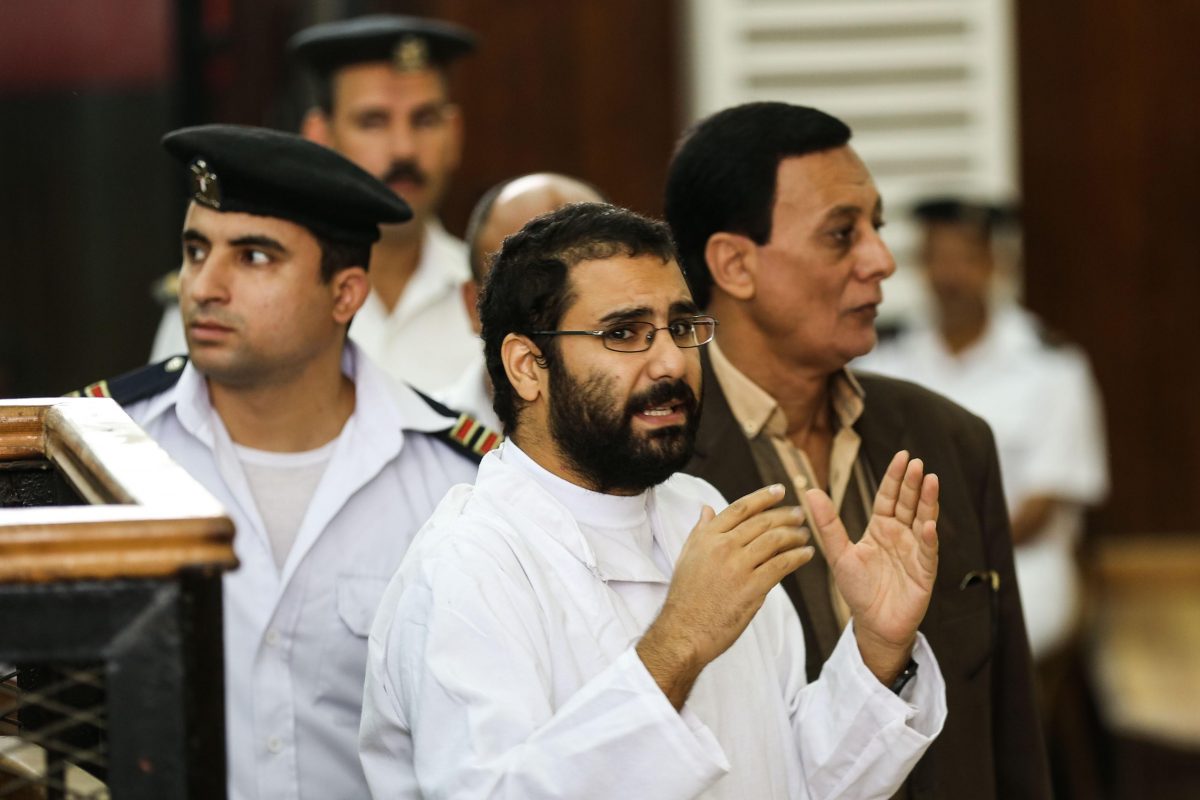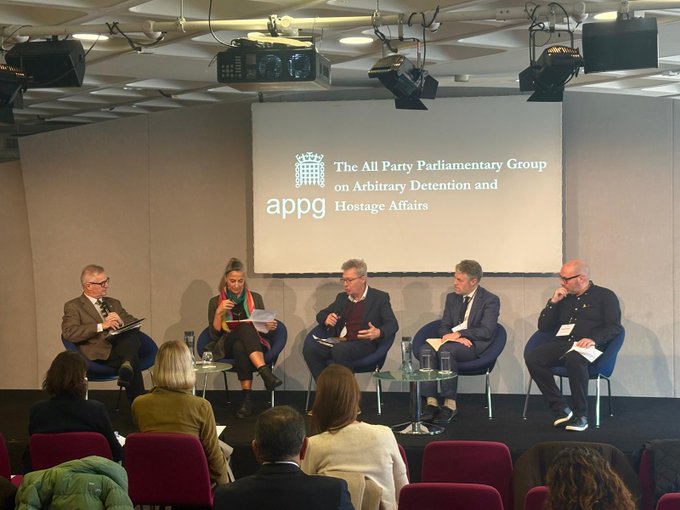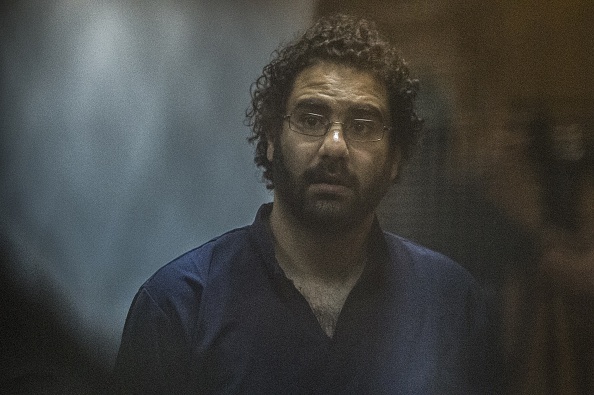
The United Nations Working Group (UNWGAD) on Arbitrary Detention has this week ruled that the British-Egyptian writer Alaa Abd el-Fattah is being arbitrarily detained in Egypt in violation of international law.
In a detailed 15-page opinion, the panel of independent UN experts found that Alaa’s continued detention is unlawful on multiple grounds. These include a lack of arrest warrant, violations of Alaa’s right to free expression and a fair trial and the discriminatory nature of the detention based on his political views. In November 2023, following the submission on Alaa’s case by his lawyer, FairSquare joined 33 other human rights organisations in writing to the UNWGAD to consider and announce their opinion at the earliest opportunity.
This crucial ruling comes amid growing pressure on the UK government to do more to secure Alaa’s release. Last week, over 100 parliamentarians and 32 human rights organisations wrote to the Prime Minister urging decisive action. On 22 May, Keir Starmer raised Alaa’s case directly with the Egyptian President. Laila Soueif, Alaa’s mother, remains on a full hunger strike in protest against her son’s ongoing imprisonment.
James Lynch, FairSquare’s co-director, commented following the ruling:
“This UN ruling marks a pivotal moment for Alaa and his family. It has clear legal implications for the Egyptian government, who must immediately release Alaa without delay. It also underscores the urgent need for the British government to deploy all tools at its disposal to secure his freedom, particularly with the immediate risks to the health of Laila Soueif and Alaa himself.”
Separately, former British Ambassador to Egypt John Casson, and senior UK parliamentarians including Baroness Helena Kennedy KC and Lord Peter Hain wrote to The Times to call for the Foreign Office’s official travel advice to ‘caution against travel to Egypt’ in light of Alaa’s continued unlawful detention.
The letter states that the government should “deploy the full range of tools it has to protect British citizens” and make clear “that a British citizen who falls foul of the police state in Egypt cannot expect fair process, nor normal support from the British Government” citing Egypt’s ongoing refusal to grant consular access to Alaa.
Speaking about the UK government’s approach to Alaa’s case on the Today programme this morning, John Casson, who was British ambassador to Egypt between 2014 and 2018, said:
“The Egyptian government is fobbing us off, it’s trying to push us around, and this is one of those hard cases that needs serious political priority to be resolved.”
FairSquare’s James Lynch said:
“This important call from senior voices, including a former British Ambassador to Egypt, sends a clear message. The government must finally reflect the severity of Alaa’s continued unlawful detention in the advice it gives to British tourists travelling to Egypt. The current advice, which gives no indication of the blatant disregard for rule of law in the Egyptian justice system, is simply irresponsible.”


